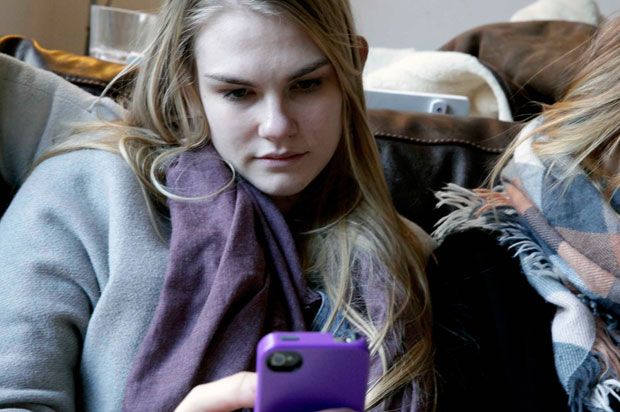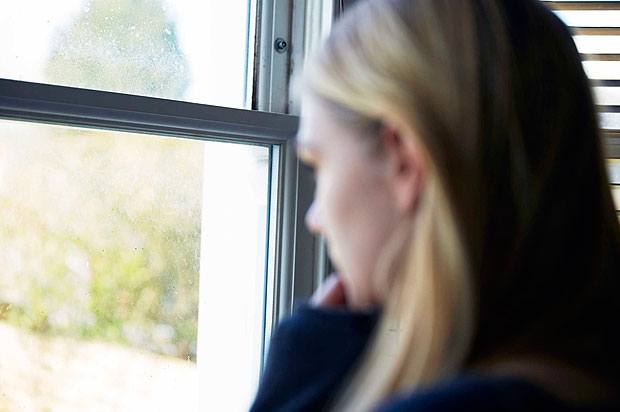Being in care
There are many rules that apply to being in care. The key to navigating your way through is to arm yourself with the facts and know the right questions to ask.

What does being in care mean?
Sometimes children or young people are not able to live with their parents. This could be down to illness or family problems. If this happens to you then the local council will take responsibility for you.
What happens next?
There are two ways to arrive in care. The first is called ‘accommodation’, previously known as ‘voluntary care’. The need for accommodation could be the result of family illness or family problems, or you could arrive in care as a result of a care order issued by the courts.
Care orders – What do they mean?
A care order gives Social Services parental responsibility. This means that Social Services, rather than your parents, have the job of looking after you and you’ll be assigned to a social worker. Although they will make decisions like where you live and who you see, they should still consult your parents about important things and they should always talk to you to find out how you feel. A care order will last until you are 18, unless somebody asks the courts to discharge the care order before then.
What is a Children’s Guardian?
This is when an independent person is appointed by the court to represent you during court proceedings. They will appoint a solicitor to speak for you in court. The Children’s Guardian will no longer be involved when the court proceedings have finished.
If you want to find out more about being in care, The Who Cares Trust is a good place to start. A part of its site is exclusively for young people in care, and you can ask questions, get support and read true stories and blogs about being in care.
What’s an IRO?
IRO stands for Independent Reviewing Officer. This is someone who represents and advocates for your needs while you’re in care and makes sure your voice is heard on the things that affect you. They play an important role and you will have an IRO until you’re 18. Here are some of the key things they are responsible for:
- Promoting your voice;
- Making sure that your care plans are based on a thorough assessment and that they are up to date, effective and respond to your needs in a genuine way;
- Making sure that you understand how your IRO can help you and the support that you’re entitled to;
- Making sure your care and the delivery of services to you is consistent;
- Making sure that care plans have taken your wishes and feelings into account;
- Making sure that you fully understand the impact of any changes made to your care plan.
You can find out more about your IRO and how they can help you here.
Why do I need a social worker?
When you come into care the social work team manager will assign you a social worker. They should try to pair you with a social worker with a similar cultural and racial origin. Your social worker should visit you at regular intervals, this will depend on your age and the length of your placement, but it’s usually every four weeks, or at least once every six weeks.
Social workers have many roles. They should help you understand your situation, talk through any health issues, find you accommodation you are happy with, make sure you are receiving an education and make you aware of your rights.
Where will I live?
If you find yourself in care, a social worker will talk to you about where you will live. There are several options:
Fostering
Fostering can be permanent or just for a short break. It provides a safe family environment when you are not able to live with your own parents.
Since 2013 young people have been allowed to stay with foster carers until they are 21, and foster carers can still get payed.
Adoption
Adoption provides a new family for children who are unable to continue living with their natural family. The adoptive family takes on the legal responsibility of looking after you and will provide all the caring, parental responsibilities.
Residential family centres
These centres provide temporary accommodation to families that are having difficulties so that social workers can help parents improve their parenting skills. Families typically stay in these centres from six to 12 weeks.
Schools and colleges
Some residential schools and colleges provide care. They include:
- Boarding schools – schools where children stay overnight throughout the school year.
- Further education colleges – schools providing education after the age of 16.
- Residential special schools – schools where children with learning disabilities can stay.
- Children’s homes. Generally children are not accommodated in children’s homes unless they have very specialised problems.
What about the future?
When you hit 16 Social Services have to appoint you a Personal Advisor. The idea is that they keep in touch with you and make sure you have everything you need. What help you have depends on what you decide you want to do in the future.
You and your Social Worker or Personal Advisor will prepare what’s called a Pathway Plan. This plan is designed to take over when your Care Plan ends. This Pathway Plan will cover things like accommodation, education and financial support. This plan must be completed within three months of your 16th birthday.
There are many different options available when you leave care. See our leaving care guide for more information.
Next Steps
- You can ask questions about being in care, read other young people's stories and read information at The Who Cares? Town
- The Who Cares? Trust is a voice and a champion for children and young people in the UK living in care.
- Chat about this subject on our Discussion Boards.
By Liz Scarff
Updated on 29-Sep-2015
No featured article









